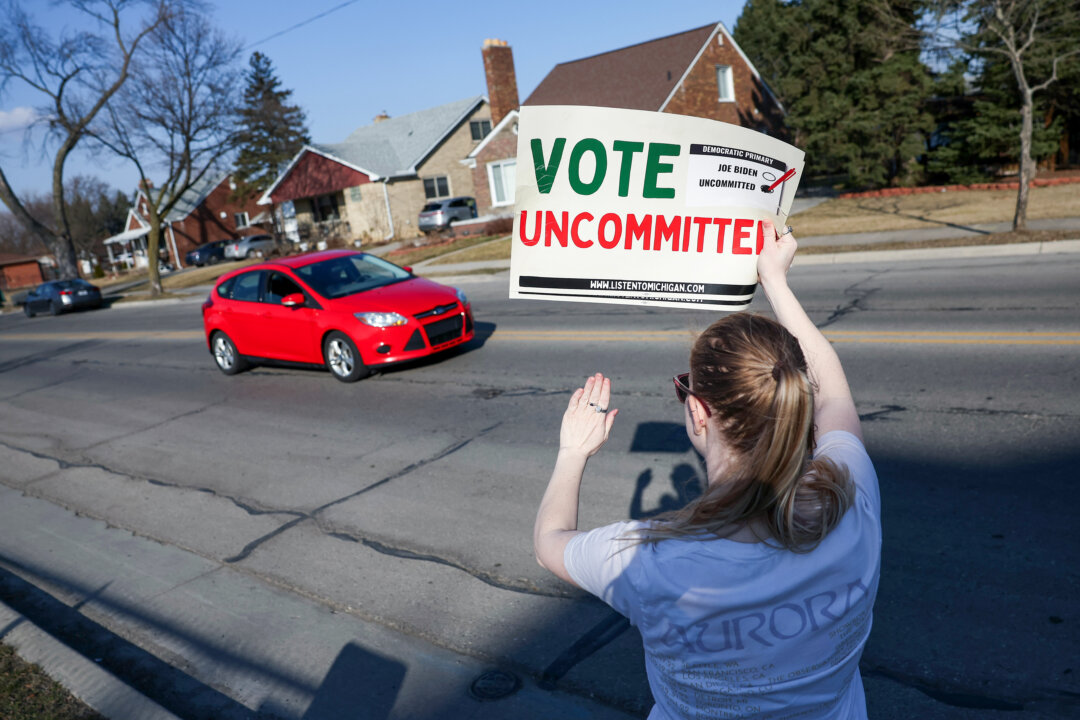
First Reading is a daily newsletter keeping you posted on the travails of Canadian politicos, all curated by the National Post’s own Tristin Hopper. To get an early version sent directly to your inbox, sign up here . As Canada prepares to send an astronaut on the first manned moon mission in more than 50 years , its own military has commissioned a $32,250 report on how space exploration may actually be “racist, exploitative, elitist, and environmentally destructive.
” The 48-page report, entitled Hidden Harms: Human (In)security in Outer Space, concludes that human usage of space is currently “masculine, militarized and state-based.” The authors also bemoan a space exploration field that is beholden to colonial concepts such as “technospeak” and “expertise, and which doesn’t give appropriate weight to “spirituality, astrology, and cosmology, the last of which views celestial bodies in space as animated beings and not mere objects.” As such, the report concludes that space will continue to be a realm of “hidden violence” against the world’s marginalized until “gender, race, class, ability, and sexuality” can be put at “the centre” of how decisions are made in the cosmos.

“Leadership is needed to normalize inclusion of different perspectives,” reads a conclusion. The report has very little positive to say about the current state of human space exploration or space technology. The whole endeavour is criticized as “technology-biased” because it fails to consider “gendered effects.
” It’s “geography-biased,” because it doesn’t include equal participation from poorer countries. It “normalize(s) violence and exploitation” by using language that depicts “outer space as a hostile and desolate environment that is unpeopled/inhuman and controlled so that it can provide an extractable resource.” The construction of launch pads, satellite receivers and other ground infrastructure causes “disproportionate harm to Indigenous communities by severing their connection to ancestral lands.
” The report is also deeply critical of the fact that space is disproportionately inhabited by able-bodied males from wealthy countries. “Existing approaches are ahistorical and thus invisibilize diverse stakeholders and voices,” it reads. Hidden Harms contains little to no discussion of the technical aspects of space exploration or technology.
The word “rocket,” for instance, appears only once in a footnote in relation to how a falling rocket stage could hurt Inuit people. The word “orbit” appears in the text just once, when referencing how states could impose extraterrestrial harm by “permanently damaging objects on orbit.” Nevertheless, the report is clear that all of these technical considerations should become secondary to “intersectional, decolonial, and humanitarian perspectives.
” “We must make space for the unfamiliar and the uncomfortable,” it reads. The Department of National Defence knew what they were getting into when they commissioned Hidden Harms. The Canadian Taxpayer’s Federation used an Access to Information request to obtain the June 2023 contract by which military brass approved a $32,250 grant for the report’s creation.
The federation published the details last week, with spokesperson Kris Sims saying “it took the equivalent of a neighbourhood’s worth of income tax bills to pay for this study.” The paper was pitched to the military as a “feminist spotlight on space insecurity” and promised to highlight the “hidden violence” of space, a well as its effect on “gender, race and socio-economic status.” “Feminist and gendered understandings are currently sorely lacking,” reads the application.
The grant was approved via Mobilizing Insights in Defence and Security (MINDS), a Trudeau government grant program to introduce “diverse viewpoints” into military decision-making. The program has an annual budget of around $2 million. In the same year that Hidden Harms was approved, MINDS also earmarked $50,000 for a two-day conference on “Gender and Arctic Security,” $50,000 to develop an “identity-based moral injury” assessment tool and $40,025 for a report on “the role of gender in disinformation campaigns.
” The Hidden Harms paper was pitched and written by a team from Project Ploughshares, a Canadian anti-war non-profit that is not typically known for accepting military contracts. Of late, Project Ploughshares has been one of the most vocal groups pushing for the Government of Canada to impose an export ban on Israel, and sever any conceivable ties between Canada and the Israel Defense Forces. An August letter by the non-profit claimed “40,000 Palestinians” had been killed by Israeli arms in the last 10 months.
This figure not only exceeds the notoriously unreliable casualty estimates issued by the terrorist group Hamas , but it fails to distinguish between civilian deaths and those of Hamas combatants. Although the language used in Hidden Harms would have seemed wildly out of place in a military-commissioned report only 10 years ago, it’s relatively standard for an entire subset of “anti-racist” literature now being published by the Department of National Defence. Earlier this year, the Canadian Military Journal – the official academic journal of the Canadian Armed Forces – published an entire edition dedicated to essays on how Canada was awash in “patriarchy, colonialism, white supremacy, heteronormativity, ableism, and classism.
” In other Canadian government space news, on Friday the Trudeau government announced a $2.14 billion loan to the Ottawa-based company Telesat for the stated purpose of enhancing satellite internet coverage in remote regions using a Telesat-operated network of low-earth orbit satellites. This prompted Conservative MP Michael Barrett to send a public message to billionaire Elon Musk asking how much it would cost to do the same thing, but with his existing Starlink satellite network.
“ Less than half that amount ,” replied Musk . B.C.
Premier David Eby is facing down the very real prospect of being defeated in the Oct. 19 provincial election by a party that didn’t really exist when he first took office only two years ago. At Eby’s November 2022 swearing-in, the B.
C. Conservative Party was still a relatively fringe political organization whose influence in B.C.
was roughly on par with the national influence of the People’s Party of Canada. Now, the B.C.
Conservatives are beating the B.C. NDP in provincial polls.
So it may or may not be a coincidence that Eby has suddenly announced a new program of involuntary treatment for chronic drug addicts and the severely mentally ill. Eby had championed a similar program two years ago , but backed down due to activist dissent. Get all of these insights and more into your inbox by signing up for the First Reading newsletter here .
.














